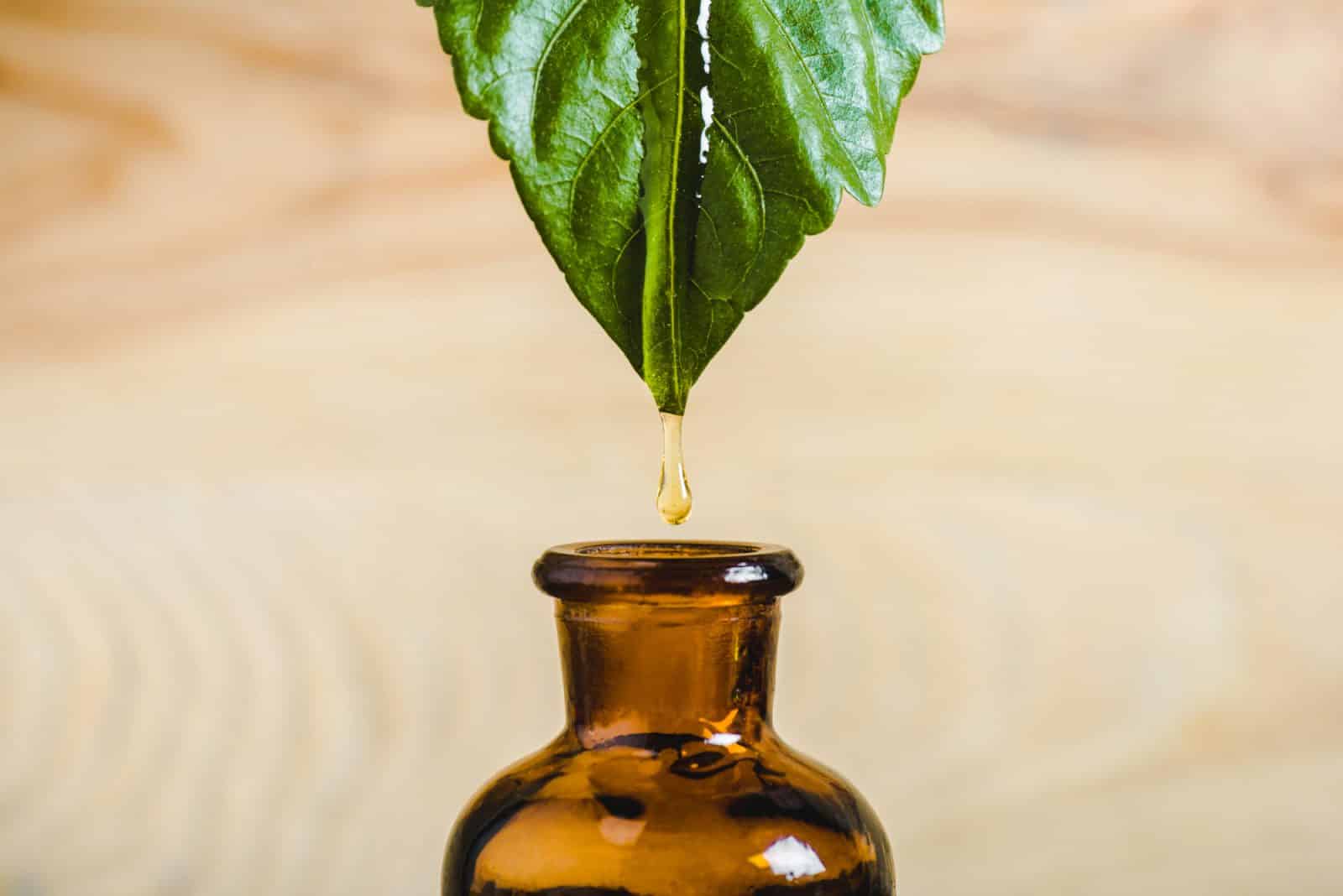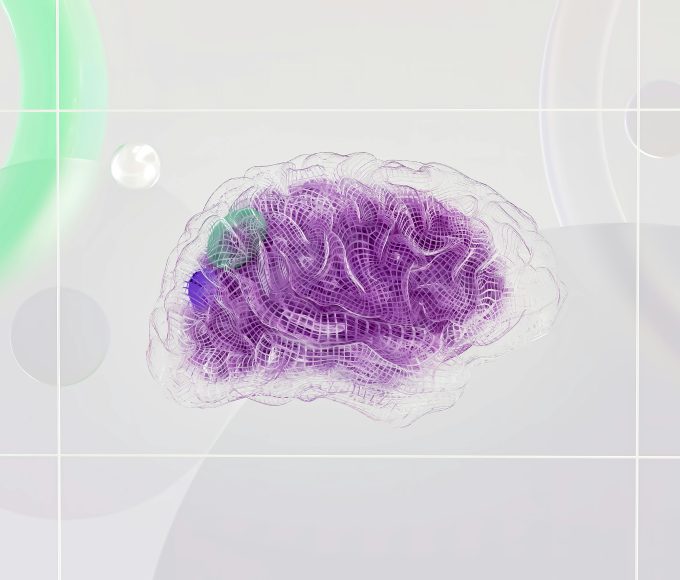Look in your medicine cabinet. What if you could replace all those medications with a natural solution? Medications do offer relief from certain conditions, but these treatments can often mask symptoms at the expense of undesirable effects.
Most medications are comprised of synthetic compounds that replicate the naturally occurring medicinal properties of plants. One of the biggest benefits of using plants for healing is that they’re effective and designed to work synergistically with your body. Find out what you need to know about essential oils with this brief guide.
Video Overview:
What Are Essential Oils?
They are made by distilling the roots, stems, leaves, flowers, and bark of plants with steam or water. The highly concentrated oils can then be ingested, inhaled, or applied to the skin through a cream, lotion, or oil. There are thousands of different plants that can be distilled for essential oils.
While it’s true that essential oils offer certain health benefits, they also have the potential to cause harm to people with compromised immune systems, such as pregnant women and babies. Play it safe and follow these do’s and don’ts.
Do’s
- Read labels. Essential oils are not regulated by the FDA (Food and Drug Administration), unlike over-the-counter medications and prescriptions. Ingredients vary by oil. Study the different oils, including the risk and benefits, and choose a trusted brand.
- Use a carrier oil. Essential oils are potent. They can burn the skin. Dilute the oil with mild oil such as coconut, almond, or jojoba. Avoid using oils on broken skin.
- Try a test. Choose a small piece of skin and try out the oil as a test. Wait 24 hours to make sure it doesn’t irritate the skin before using it more liberally.
Don’ts
- Don’t store in plastic containers. Essential oil seriously destroys plastic. Plastic is porous in most circumstances. The material is highly susceptible to rapid disintegration when soaked in essential oils. This can cause a release of plastic chemicals and breakdown the essential oil.
- Toxicity. Only ingest oils that were designed for that purpose. Avoid applying edible oils to the skin. And don’t diffuse oils into the air if you suffer from allergies or asthma.
- Don’t ignore reactions. Adverse reactions to essential oils can be mild or severe. If you apply or ingest oil and you have a reaction, stop using the oil immediately and consult a health professional.
We’re hoping this brief guide on what you need to know about essential oils has helped you to use essential oils more safely and decide whether they are the right product for you.















